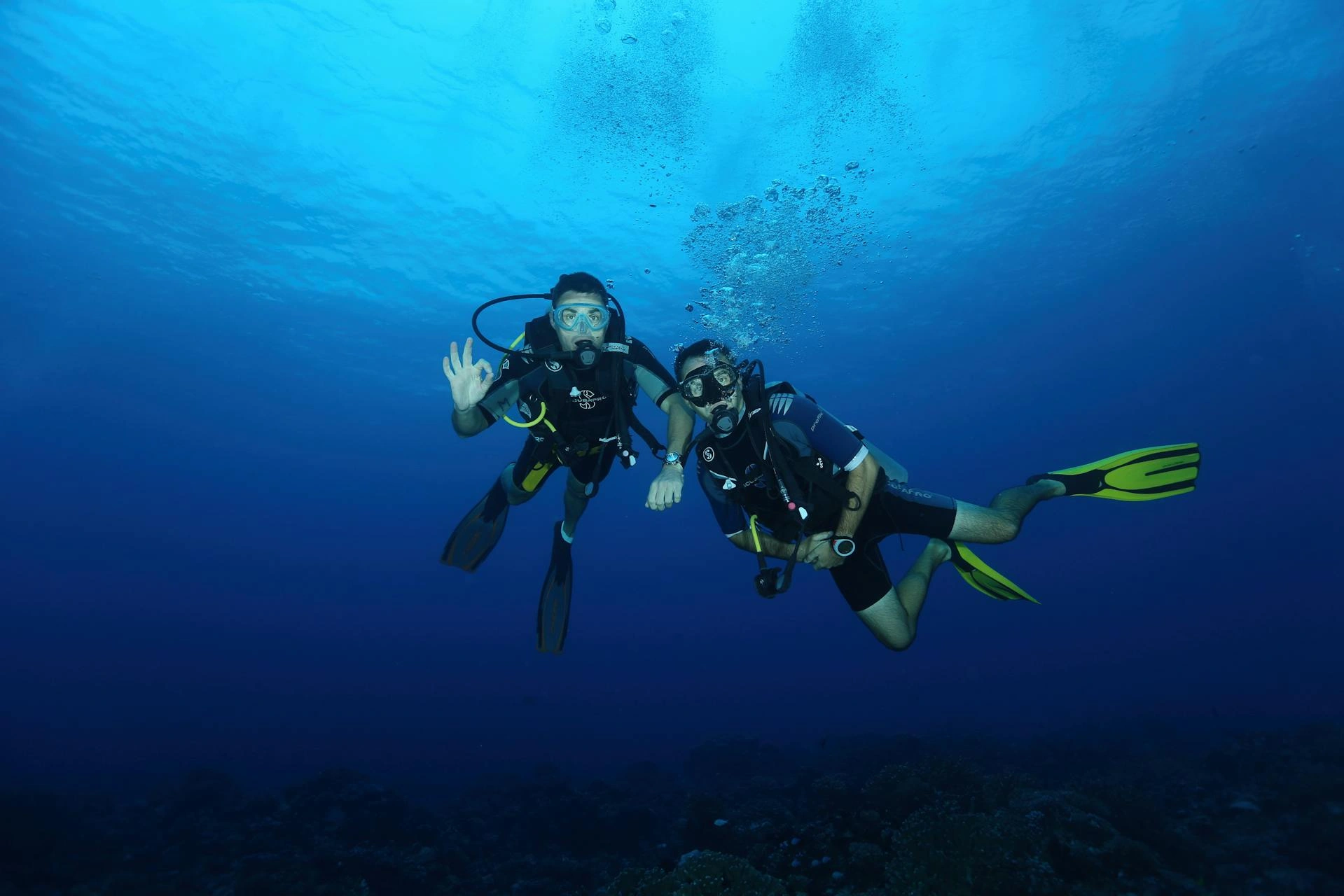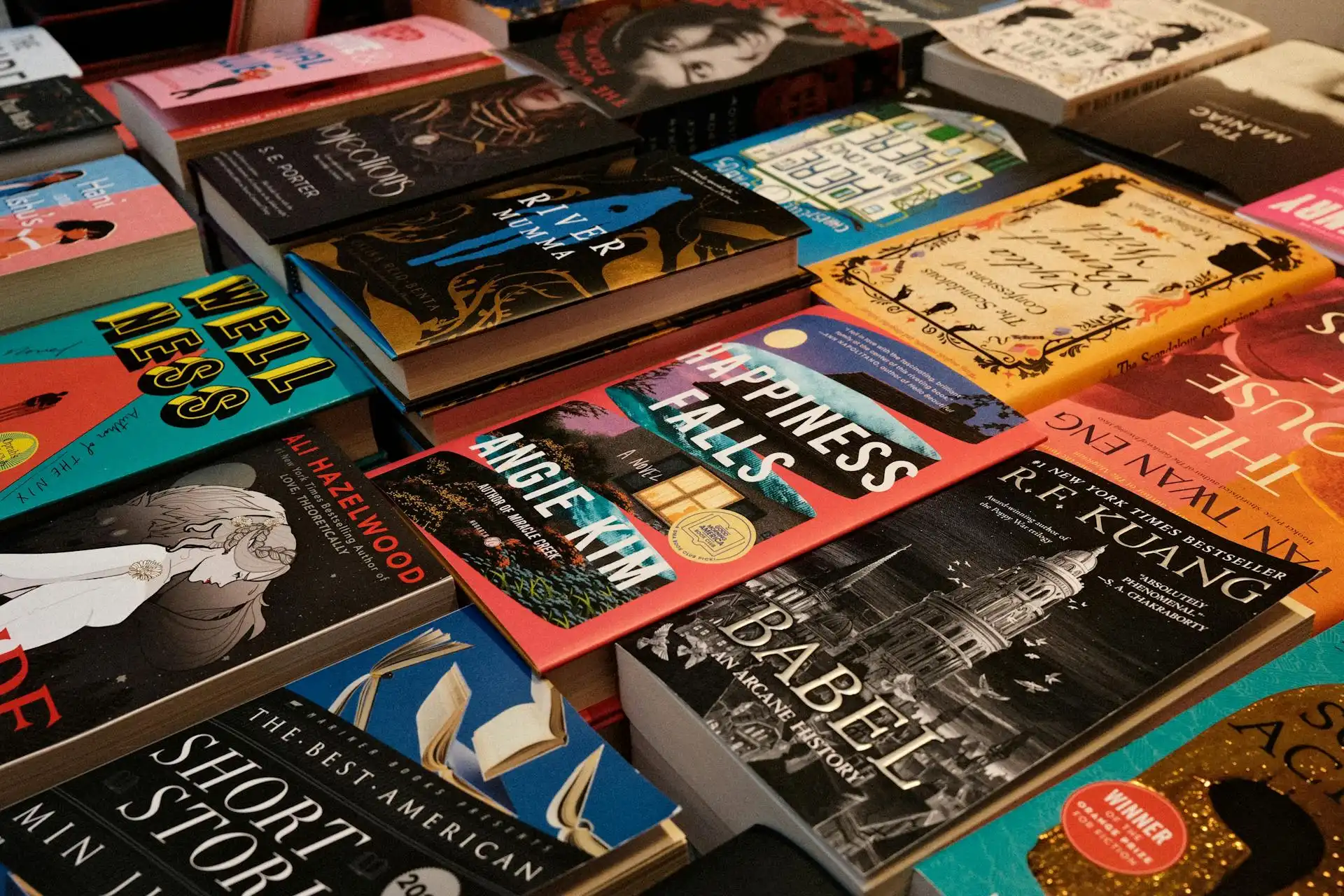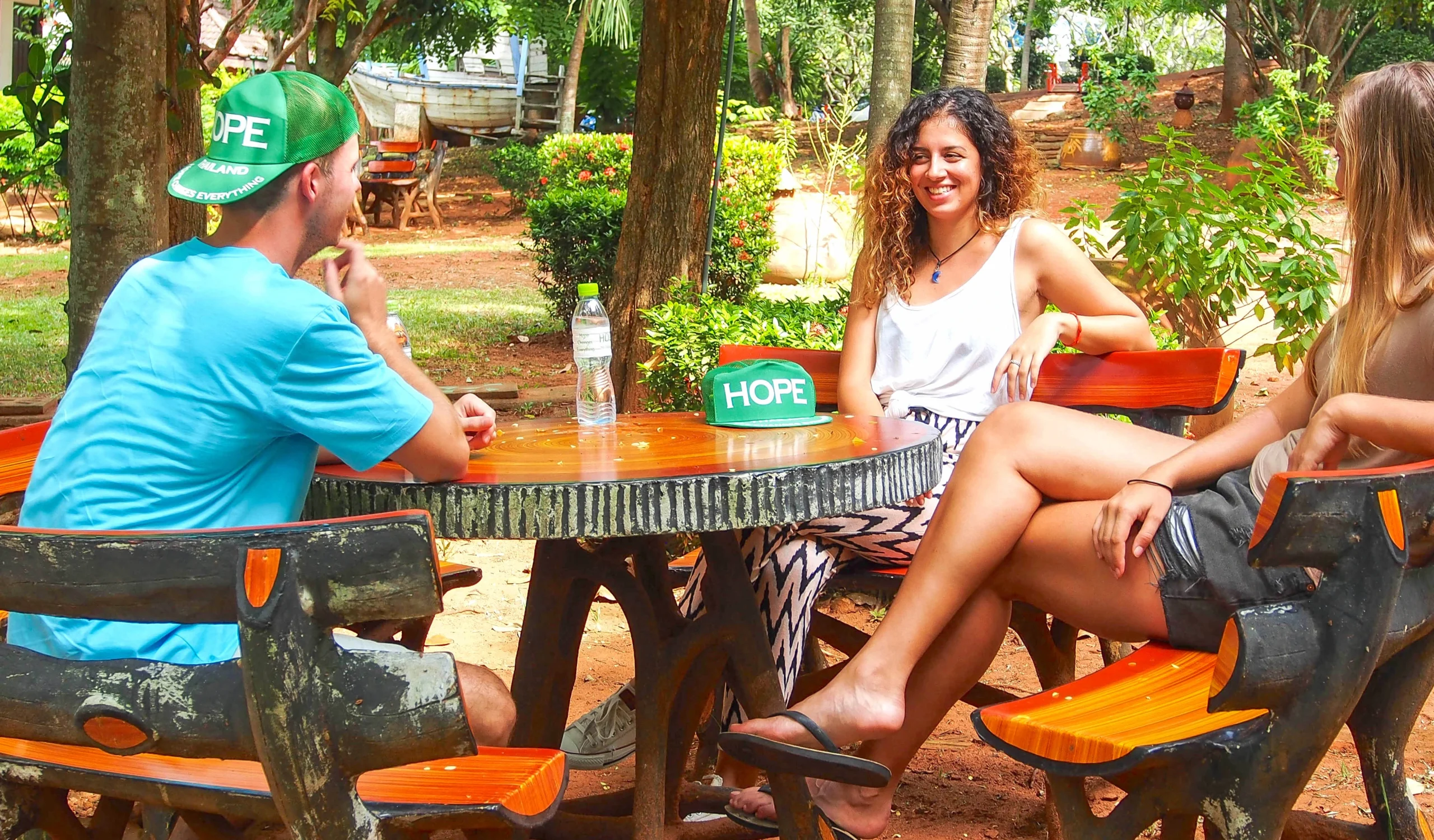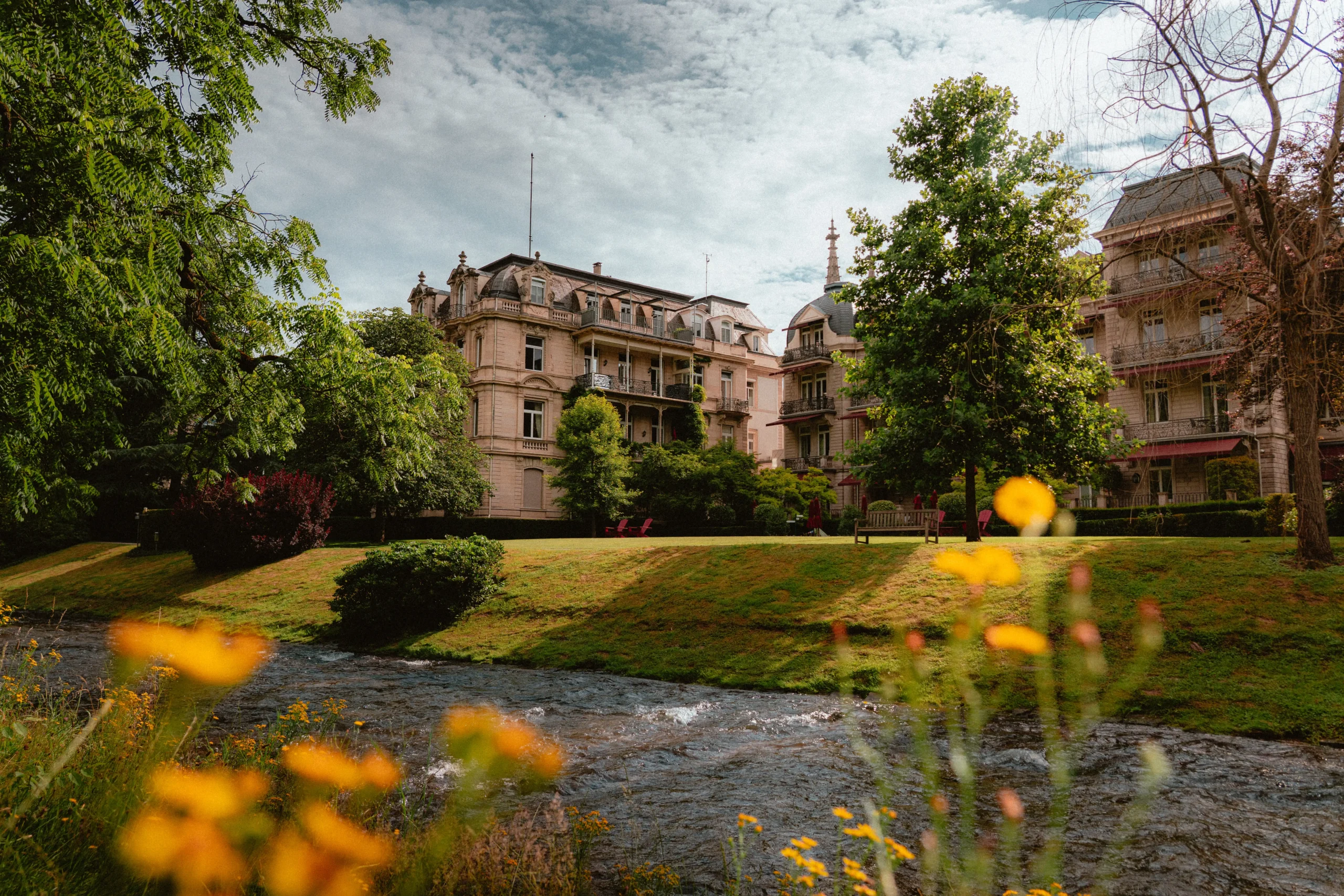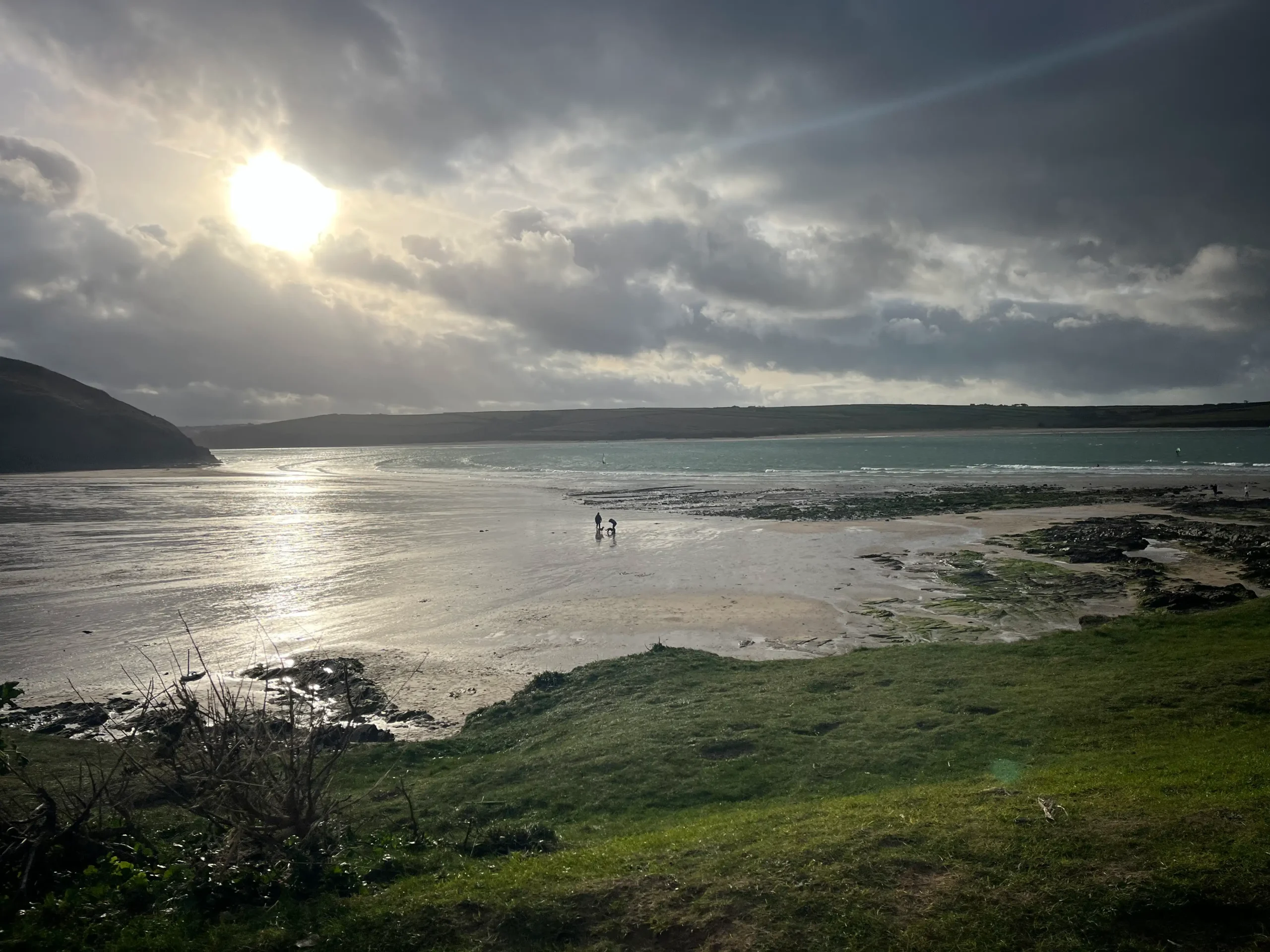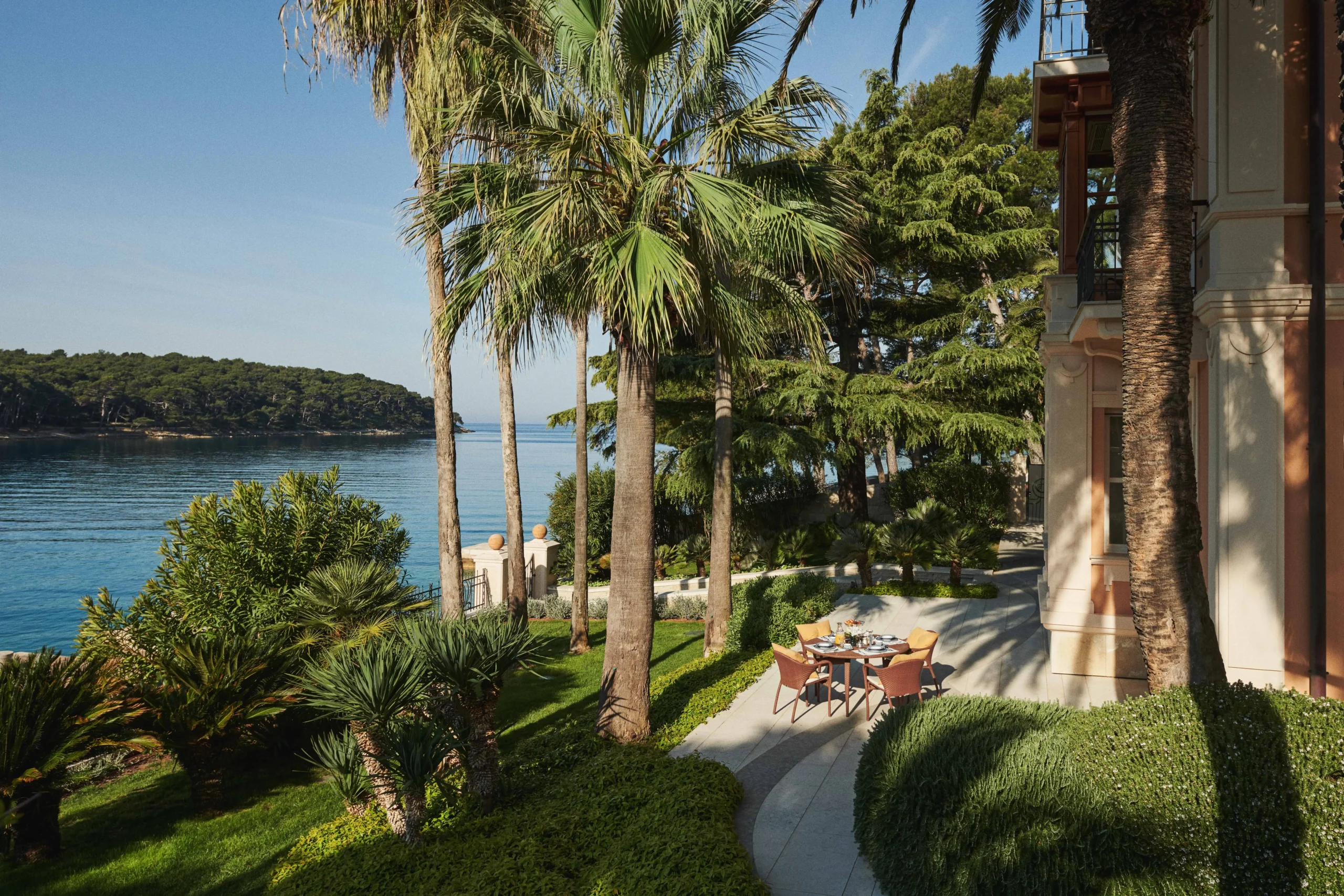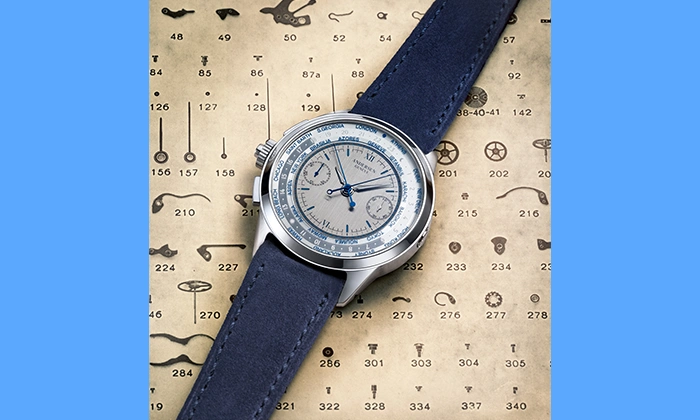Don’t believe the Nonscience

John E. Kaye
- Published
- Home, Lifestyle, Uncategorized
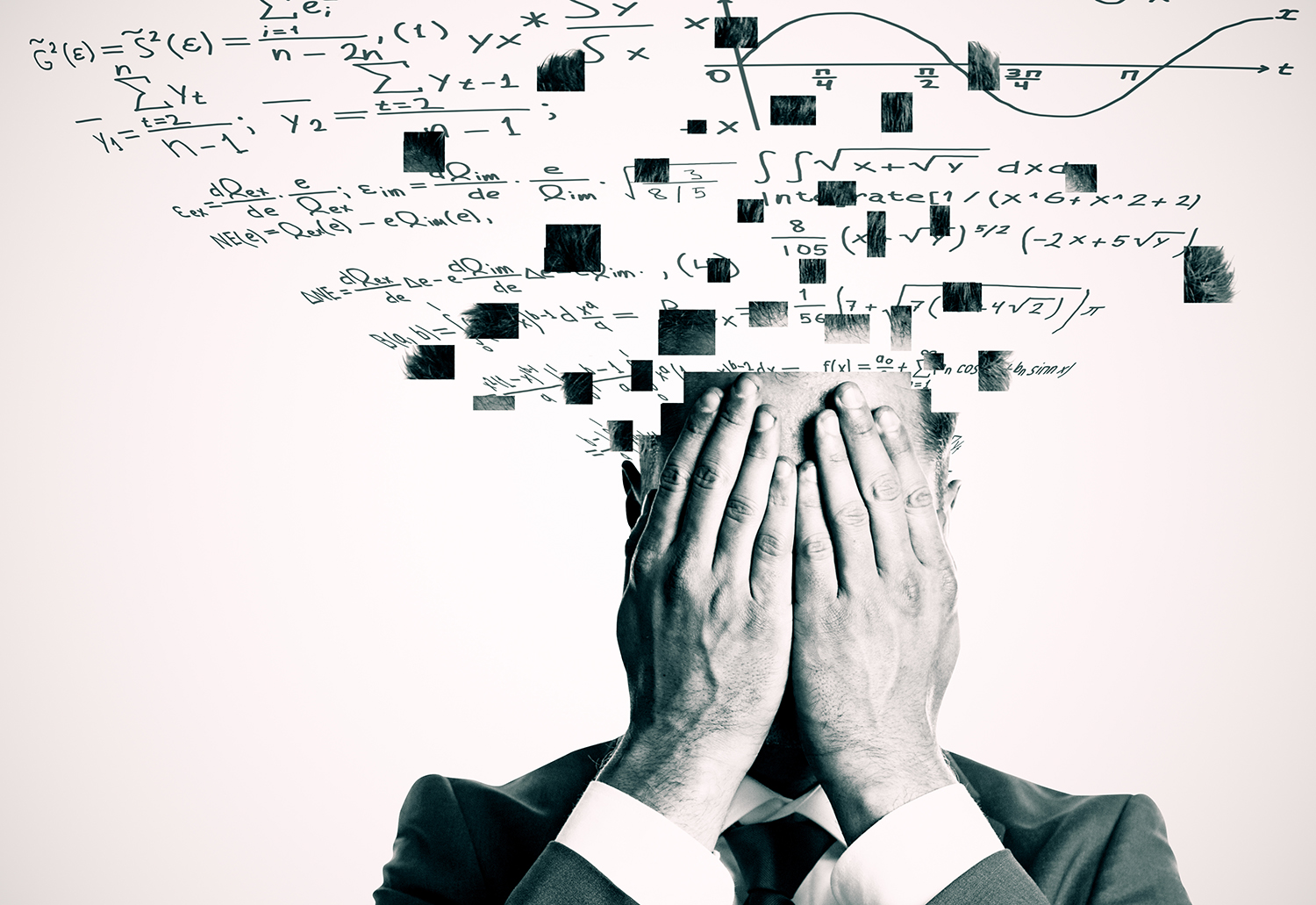
Our heads are spinning with too much information, and not enough of it is grounded in reason and logic, argues Professor Brian J. Ford in his latest book
By Professor Brian J. Ford
Welcome to Nonscience, where scatter-brained Experts lay down the law, and the politicians are too uneducated and inexperienced to tell truth from fiction. The coronavirus pandemic proves the point: the Swedes imposed no legal restraints, whereas Britain listed hundreds of decrees while, according to the Financial Times, reporting the highest covid-19 death rates in the world. In Wuhan, China, by contrast—where the pandemic began—life is virtually back to normal. They knew that tracing and isolation were the keys to the problem, and—being an autocratic regime that takes no objections from anybody—the Chinese government instituted a rigid protocol and set about developing vaccines. They won’t need them; their single-mindedness means that the pandemic is almost over, so vaccines won’t be necessary.
Experts make their living by expanding trivial ideas (the kind you’d note on the back of a beermat) into a major theory. You know about the glass that’s half-full (if you’re optimistic) or half-empty (if you are a pessimist). There are other interpretations. Should you be an engineer, then the glass was the wrong size, while if you’re a traditional scientist the glass is completely full anyway (the lower portion is filled with liquid, the upper part full of air). But—in the age of Nonscience—this could mark the launch of a new discipline called ‘Containeristic Fluidistical Volumetricationalised Disproportionality’ with funding running well into six figures and lasting for years.

Examples from the world of research show how ridiculous it has become. You want a long life? Then you must retire aged over 65, says a study from Oregon State University. Oh no; retire younger, insists Health Economics. Be a pessimist, advises the American Psychological Association; no, be optimistic, says a study from Harvard. Be overweight, asserts a Danish study in Scientific American. No, stay lean and live longer, claims the New England Journal of Medicine. Others show that, for a long life, you must eat cheese (Lancet), go to gigs (Goldsmiths, University of London), even—says worldhealth.net—smell other people’s farts. We all know that smoking and drinking can threaten your health—except that the Spanish (who still smoke and drink more than most) live longer than many other Europeans. The Institute for Health Metrics and Evaluation at the University of Washington ‘discovered’ the reason: the Spanish eat lots of tapas and have plenty of sex. You see? It’s not all bad news.
Fifty years have passed since I first described this gradual extinction of science, and its replacement by a vast money-making, headline-grabbing corporate industry I called “Nonscience”. It all came true and, to mark the book’s half-century, it has re-emerged almost twice as big as it was and bursting with present-day examples. One of its most insidious repercussions in Britain has been convincing youngsters that they have to go to university. When the original Nonscience was published, there were 30,000 undergraduates in the UK, and now there are over half a million – and the total of all students in higher education in British universities is now 2,300,000. If you’re going to become a physician, an architect, or a veterinarian, then there’s a clear need to be trained. But the great majority of students are there because it’s the most painless way of leaving home and easier than getting a job. They don’t want their brains trained; all they want is to get laid and play loud music whenever they like.

When I used to visit the communist countries in the 1960s, they boasted of their aim to have half their population go to university. How ridiculous that seemed. Yet we were soon to follow. Some 20 years ago, the labour Prime Minister Tony Blair said he wanted to see 50% of all young people in university – and by September 2019 that astonishing target was exceeded; the proportion was then 50.2%. I have no idea what proportion of the general population are potentially academic. It might be 5%. Whatever it is, I am certain, though, as are you, that it’s nothing like half the population. The majority are simply running into debt as life slips by. One great benefit of the pandemic has been to awaken us to changes we should have made decades ago – like working from home and studying online. Education was once based on finding a wise teacher who could broaden your mind. But now they’re everywhere: you can’t turn to YouTube without seeing some world-renowned expositor who’s accessible to all. Young people need immersion in the real world, not close confinement in a college. It will start their careers early and make them less inclined to accept the dictates of Nonscience.
Politicians choose Expert opinions to justify whatever they want to do. Politicians don’t need experience; they just become important overnight. Most failed in their careers, which is why they are available to stand for election! Typically, they are endearingly dim-witted social misfits who can make up ridiculous rules and change their minds whenever they want, whereas Experts always know what they’re after, and never change their minds about anything. Experts use complexitational obfuscationary obscuranticism to impress, while politicians don’t know complicated words. Their slogans are three words long (like ‘get Brexit done’) because most can’t concentrate on any more. Boris Johnson vaguely remembers some Greek mythology from school, so he adds some to his stumbling speeches, while the Home Secretary, Priti Patel, recently reported that the government had carried out “three hundred thousand and thirty-four, nine hundred and seventy-four thousand” virus tests and didn’t bat an eyelid.
In the modern world, people need to know what’s what – but, although any of them would recognise a picture of the spiral of DNA or the rings around Saturn, none of them would know a living cell. Our society needs people with real knowledge of the modern world. Education should embrace present-day technology, so the public can understand issues like vaccination and global warming. University has replaced military service for teenagers – except that they pay for the privilege and know little of value when they emerge.
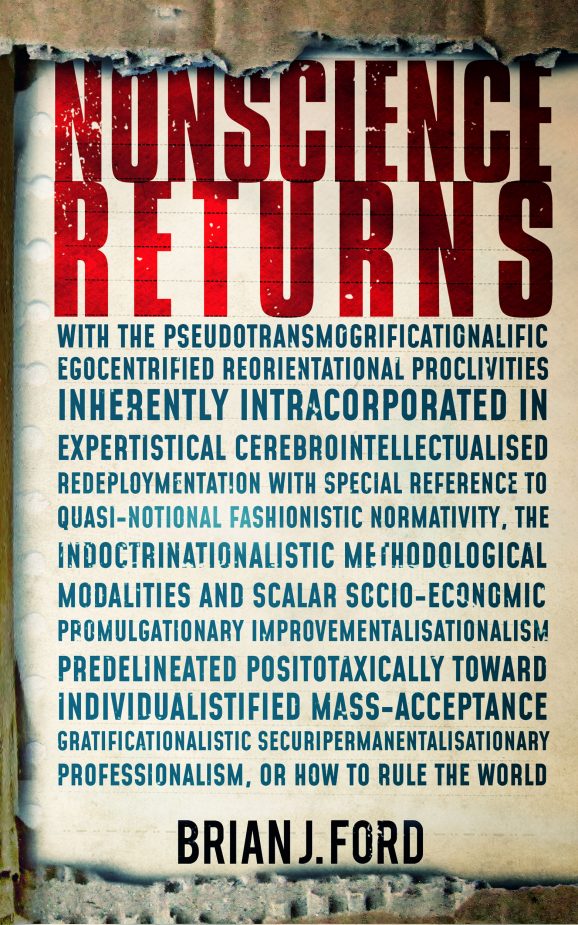
Nonscience Returns by Brian J. Ford (Curtis Press) is out now on Amazon in hardcover and eBook, both priced £19.95. Visit www.curtis-press.com
RECENT ARTICLES
-
 Need some downtime? Head to Nerja for some serious decompression
Need some downtime? Head to Nerja for some serious decompression -
 How a book becomes a ‘bestseller (and it’s not what you think)
How a book becomes a ‘bestseller (and it’s not what you think) -
 Fipronil: the silent killer in our waterways
Fipronil: the silent killer in our waterways -
 Addiction remains misunderstood despite clear medical consensus
Addiction remains misunderstood despite clear medical consensus -
 New guide to the NC500 calls time on 'tick-box tourism'
New guide to the NC500 calls time on 'tick-box tourism' -
 Bon anniversaire, Rétromobile: Paris’ great motor show turns 50
Bon anniversaire, Rétromobile: Paris’ great motor show turns 50 -
 Ski hard, rest harder: inside Europe’s new winter-wellness boom
Ski hard, rest harder: inside Europe’s new winter-wellness boom -
 Baden-Baden: Europe’s capital of the art of living
Baden-Baden: Europe’s capital of the art of living -
 Salzburg in 2026: celebrating 270 years of Mozart’s genius
Salzburg in 2026: celebrating 270 years of Mozart’s genius -
 Sea Princess Nika – the ultimate expression of Adriatic elegance on Lošinj
Sea Princess Nika – the ultimate expression of Adriatic elegance on Lošinj -
 Hotel Bellevue, Lošinj, Croatia – refined wellness by the Adriatic
Hotel Bellevue, Lošinj, Croatia – refined wellness by the Adriatic -
 Padstow beyond Stein is a food lover’s dream
Padstow beyond Stein is a food lover’s dream -
 Love really is in the air. How to spot a sky full of heart-stealing stars this Valentine's Day
Love really is in the air. How to spot a sky full of heart-stealing stars this Valentine's Day -
 Cora Cora Maldives – freedom, luxury and a celebration of island life
Cora Cora Maldives – freedom, luxury and a celebration of island life -
 Hotel Ambasador: the place to stay in Split
Hotel Ambasador: the place to stay in Split -
 Maslina Resort, Hvar – mindful luxury in the heart of the Adriatic
Maslina Resort, Hvar – mindful luxury in the heart of the Adriatic -
 The bon hiver guide to Paris
The bon hiver guide to Paris -
 Villa Mirasol – timeless luxury and discreet elegance on the island of Lošinj
Villa Mirasol – timeless luxury and discreet elegance on the island of Lošinj -
 Lošinj’s Captain’s Villa Rouge sets a new standard in private luxury hospitality
Lošinj’s Captain’s Villa Rouge sets a new standard in private luxury hospitality -
 Villa Nai 3.3: A Michelin-recognised haven on Dugi Otok
Villa Nai 3.3: A Michelin-recognised haven on Dugi Otok -
 The European road test: The Jeep Wrangler Rubicon
The European road test: The Jeep Wrangler Rubicon -
 Rattrapante Mondiale – Split-Seconds Worldtimer
Rattrapante Mondiale – Split-Seconds Worldtimer -
 Adaaran Select Meedhupparu & Prestige Water Villas: a Raa Atoll retreat
Adaaran Select Meedhupparu & Prestige Water Villas: a Raa Atoll retreat -
 Heritance Aarah: an island escape crafted for exceptional family and couples’ stays
Heritance Aarah: an island escape crafted for exceptional family and couples’ stays -
 Stanley Johnson in Botswana: a return to the wild heart of Southern Africa
Stanley Johnson in Botswana: a return to the wild heart of Southern Africa

